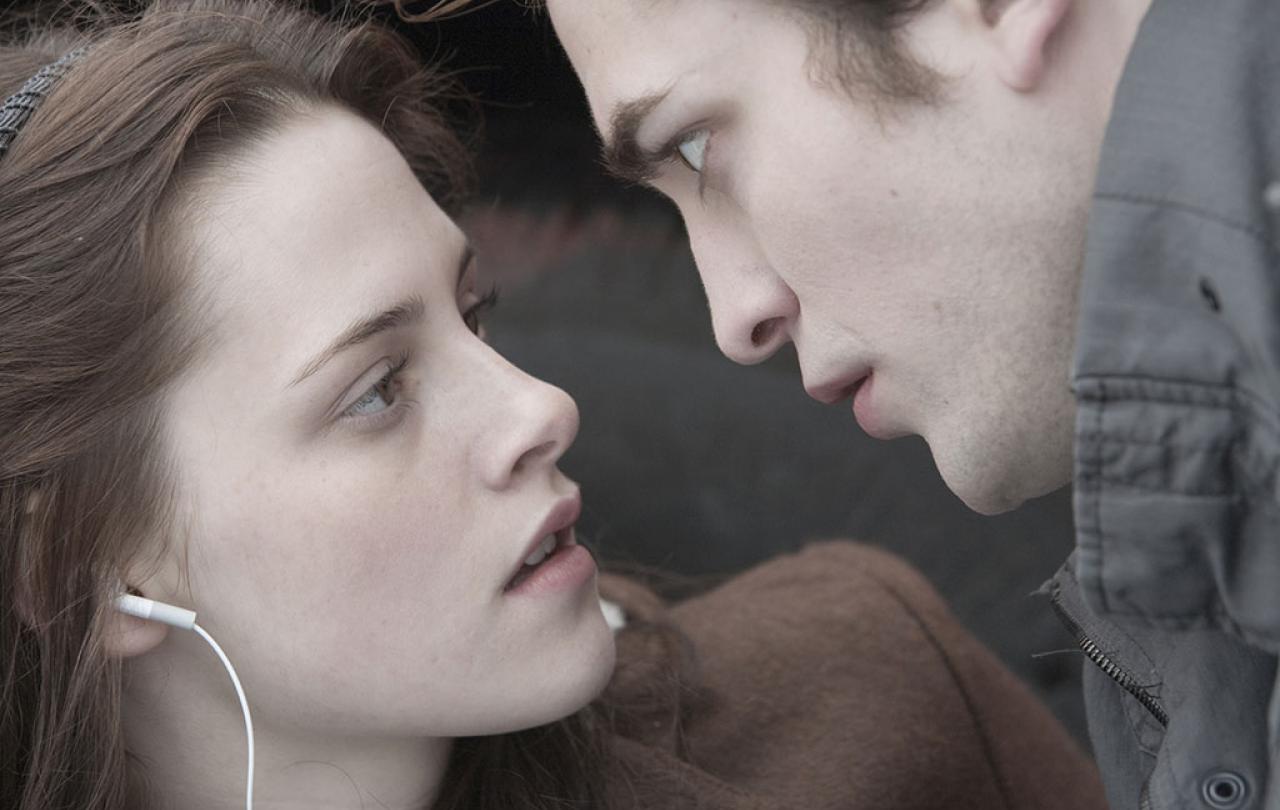Mark Vernon, a psychotherapist, author and former Church of England priest, also perceives a shift in the conversation around religion, and a new sense of enquiry that did not exist 20 years ago. He believes “a mystical Christianity” would be needed to reach the many people who describe themselves as “spiritual but not religious”.
Author of Spiritual Intelligence in Seven Steps, Vernon enjoys the silence of a Buddhist meeting or being out in nature on pilgrimage to holy places, “feeling different energies, different pulses, different rhythms … Being in a place where you just feel there's a different thing going on here, that can be healing. I think a lot of mental health is due to just people being trapped in very narrow worldviews.”
Dr Vernon, whose faith journey has included atheism, follows what he calls a “commodious” Christianity – “my perspective on the universal story, which I think is ultimately beyond any one expression of it – and focuses on the “Christ [that] lives within me”, in contrast to “more socially driven” or “conversion-driven” Western Christianity.
For Abby Day, Professor of Race, Faith and Culture at Goldsmiths, University of London, any talk of religious revival is “wishful thinking” but like Vernon she believes that if anything were to speak to the “spiritual but not religious” it would be “within them, or maybe within nature” and “non-institutional”.
Professor Day is wary of the interest in Christianity from the populist right, as seen in the European elections and US Evangelicals’ support of Trump. They “claim Christianity, but what they're claiming is a national identity, and so we're seeing Christianity be weaponised” to deliver a conservative agenda, she says.
Day, author of Why Baby Boomers Turned from Religion, takes issue with some of Holland’s arguments, saying: “The Churches have not shown themselves to be exemplary models of equality or human rights.”
Veteran religious affairs journalist Andrew Brown, co-author of That Was The Church That Was: How the Church of England lost the English people, is less hostile. He says: “There is an intellectual revival, if you like, because the complacent secularism, which culminated in people like Richard Dawkins, is obviously broke.” But he adds: “Most of the stuff that's interesting and new is coming from people who are either Christians or Christian-adjacent.” But, he adds, “It takes a long time for the ideas of the intelligentsia to filter down … “If there is to be anything like [a revival], it has to start locally, and far below the radar of news.” So, for example, what impact has 14 years of austerity had that have led to millions of people attending food banks and warm spaces in churches? (According to 2023 data from Savanta and the National Churches Trust 5 per cent of UK adults visited a church last year to access a food bank (equivalent to around 3.4 million people) and 4 per cent (2.7 million) for a warm space.) “That has to be doing something, but I don’t know what,” he laughs, adding: “There really isn’t enough decent religion reporting because journalism is in crisis.”
That puts established religion in good company. But the Churches the Boomers rejected may have become humbler during their exile, and alternatives are available that offer different emphases. Vernon notes that the Orthodoxy that has attracted Kingsnorth and Shaw – Vernon’s “favourite convert of this revival” – is comfortable with other faiths and is more about participation through liturgy than converting to safeguard your immortal soul. And one attraction of the silence Vernon enjoys is that it doesn’t give glib answers, including to the profound questions around meaning, purpose and identity that beset nation, Church and individuals alike.
Putin’s violent ambitions could yet drive people to prayer. For now, at least, the more thinkers publicly take Christianity seriously and rediscover its wonder and mystery, the fairer hearing its stories, values, social benefits and cultural legacy will receive in the rowdy market-place of ideas, offering – at the very least – the cradle agnostic a more informed choice.






